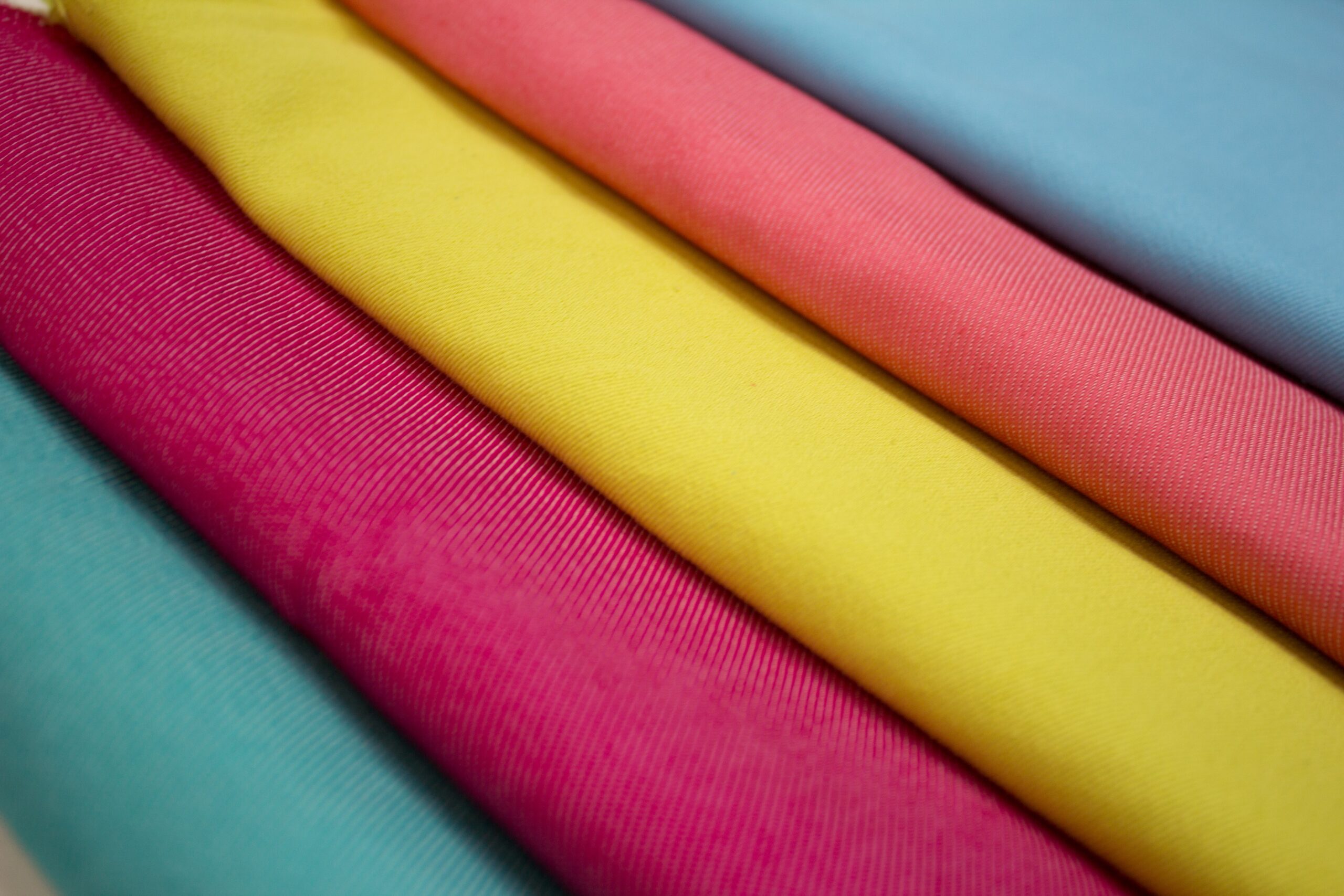Biocides and fungicides in the textile industry are used to prevent deterioration of textile products by insects, fungi, algae and micro-organisms and to create hygienic final products. The level of microbiological sensitivity of a textile fabric depends on the type of fibre.
Textile fabrics made from natural fibres (cotton, wool, silk, jute, linen) are in general more sensitive to microbiological attacks than synthetic man-made fibres, but man-made (re-generated) fibres such as rayon (artificial silk) can be sensitive to mildew or bacteria. Animal fibres such as wool and silk are also susceptible to micro-organisms and insects, such as moths. Plant (cellulose based) fibres such as cotton and linen are only susceptible for micro-organisms, however cellulose based fibres are more sensitive to rot and mildew than animal fibres.
Fabric treatment with biocides normally takes place before during textile processing and ATC BIOCIDES have a long list of suitable products with different molecules, or mixtures of molecules, to offer preservation during the manufacturing process and within the final manufactured product.

